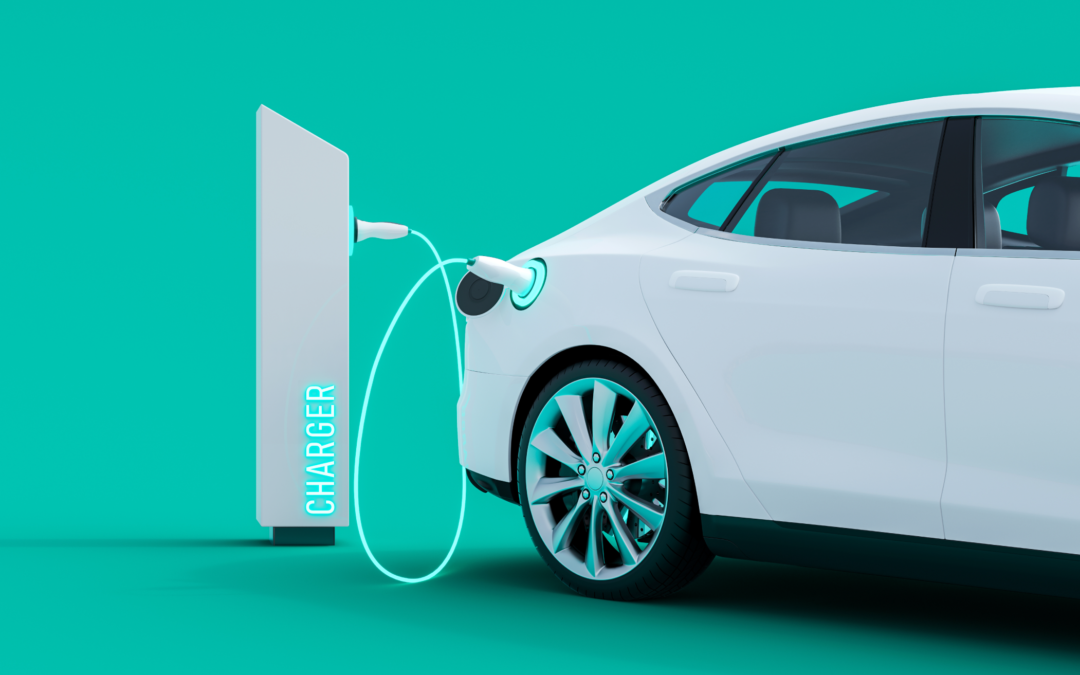New Advancement in EV Charging: Exactly How the Sector Is Advancing to Meet Demand
As the electric automobile (EV) market continues to broaden, the billing framework is going through substantial improvements to resolve the rising need. The implications of these improvements elevate vital concerns concerning the future of EV charging and its duty in the more comprehensive energy ecosystem.
Development of Billing Framework
The fast development of electric car (EV) billing infrastructure is an important part in promoting the extensive fostering of electrical mobility. As federal governments, exclusive companies, and consumers significantly acknowledge the value of lowering carbon emissions, investments accountable networks have surged. This infrastructure growth is necessary to reduce variety anxiousness, ensuring that EV users have practical accessibility to billing terminals.
Considerable developments in billing terminal technology and deployment techniques have emerged. Urban areas are seeing a proliferation of public charging stations, while rural regions are slowly being integrated right into the billing network. In addition, collaborations between vehicle suppliers and billing providers are ending up being extra usual, promoting the establishment of detailed networks that boost individual experience and ease of access.
Additionally, the integration of eco-friendly power sources into charging stations is obtaining momentum, advertising sustainability in the EV ecosystem. This transition not just supports ecological goals but additionally lines up with the increasing need for eco-friendly power services amongst consumers.
Ultra-Fast Charging Technologies
Ultra-fast billing innovations represent a significant jump onward in the EV billing landscape, enabling electrical vehicles to reenergize in a portion of the time contrasted to standard billing methods. These technologies commonly provide power levels surpassing 150 kW, with some systems getting to up to 350 kW or more, significantly reducing charging times to as low as 15-30 mins for a considerable charge.
Secret making it possible for innovations include advancements in battery chemistry, power electronic devices, and thermal management systems. High-capacity batteries with boosted thermal security enable for faster billing without overheating. EV Charging news. Additionally, advancements in billing facilities, such as liquid-cooled cords and modular billing terminals, promote efficient power transfer, improving the total user experience
Major auto manufacturers and innovation firms are proactively spending in ultra-fast charging networks, recognizing the critical role they play in getting rid of array stress and anxiety and increasing the fostering of electrical lorries. As these technologies end up being much more commonly offered, the EV market is anticipated to witness significant development, making electrical wheelchair a much more appealing choice for consumers. Generally, ultra-fast billing innovations are essential fit the future of lasting transport, leading the means for a more extensive and efficient billing ecosystem.
Smart Grid Assimilation

With need feedback approaches, wise grid systems can change charging routines based upon grid problems and power rates. As an example, throughout durations of high demand, billing can be delayed to off-peak hours, resulting in lower prices for customers and reduced pressure on the grid. Additionally, vehicle-to-grid (V2G) technologies allow EVs to release power back into the grid, enhancing and offering ancillary solutions grid stability.
Combination with renewable resource sources further boosts the sustainability of EV billing. By lining up charging activities with periods of high solar or wind generation, wise grids advertise a greener charging facilities. Eventually, wise grid integration not only supports the expanding need for EVs but additionally adds to a more resilient and sustainable energy future, placing the sector for long-term success.
Battery Developments
In the middle of the quick evolution of electric lorries (EVs), he has a good point battery developments stand at the center, driving innovations in effectiveness, sustainability, and performance. As the need for EVs surges, scientists and producers are concentrating on boosting battery modern technologies to deal with difficulties such as variety anxiousness and charging times.
Lithium-ion batteries stay the most widely made use of technology, yet brand-new materials and chemistries are emerging to enhance energy density and longevity. Solid-state batteries, my blog as an example, promise greater power storage space capability and enhanced safety by changing liquid electrolytes with solid ones. This change could considerably decrease the risk of fire and boost the lifespan of batteries.
Additionally, improvements in battery reusing procedures are important for sustainability. Firms are creating approaches to recover beneficial materials like lithium, cobalt, and nickel from utilized batteries, promoting a circular economic situation and minimizing ecological effect.

Worldwide Billing Requirements

Initiatives are underway to establish global charging criteria that facilitate compatibility amongst different EV designs and charging stations. Organizations such as the International Electrotechnical Commission (IEC) and the Culture of Automotive Engineers (SAE) are functioning collaboratively with automotive manufacturers and energy companies to develop extensive guidelines. EV Charging news. These standards purpose to enhance the charging procedure, minimize the need for several adapters, and boost individual experience
Additionally, standardization can significantly reinforce the expansion of the billing network, as it motivates investment by making infrastructure advancement extra reliable and foreseeable. As the EV market matures, a unified technique to charging requirements will be vital for making certain that customers can bill their lorries comfortably and dependably, consequently supporting the wider shift to lasting transport.
Conclusion
The electrical lorry charging market is going through significant improvement to resolve the rising demand for lasting transportation. Advancements in billing facilities, ultra-fast technologies, wise grid integration, and ingenious battery solutions are critical in boosting user experience and functional performance.
Urban locations are seeing a spreading of public billing terminals, while rural regions are gradually being integrated into the billing network. Additionally, growths in charging infrastructure, such as liquid-cooled informative post cable televisions and modular billing terminals, assist in efficient power transfer, boosting the total individual experience.
In general, ultra-fast billing innovations are crucial in shaping the future of sustainable transportation, leading the way for a much more efficient and considerable charging ecological community. - EV Charging news
By aligning charging tasks with durations of high solar or wind generation, smart grids promote a greener charging infrastructure.Efforts are underway to develop international billing criteria that promote compatibility among different EV designs and charging stations.